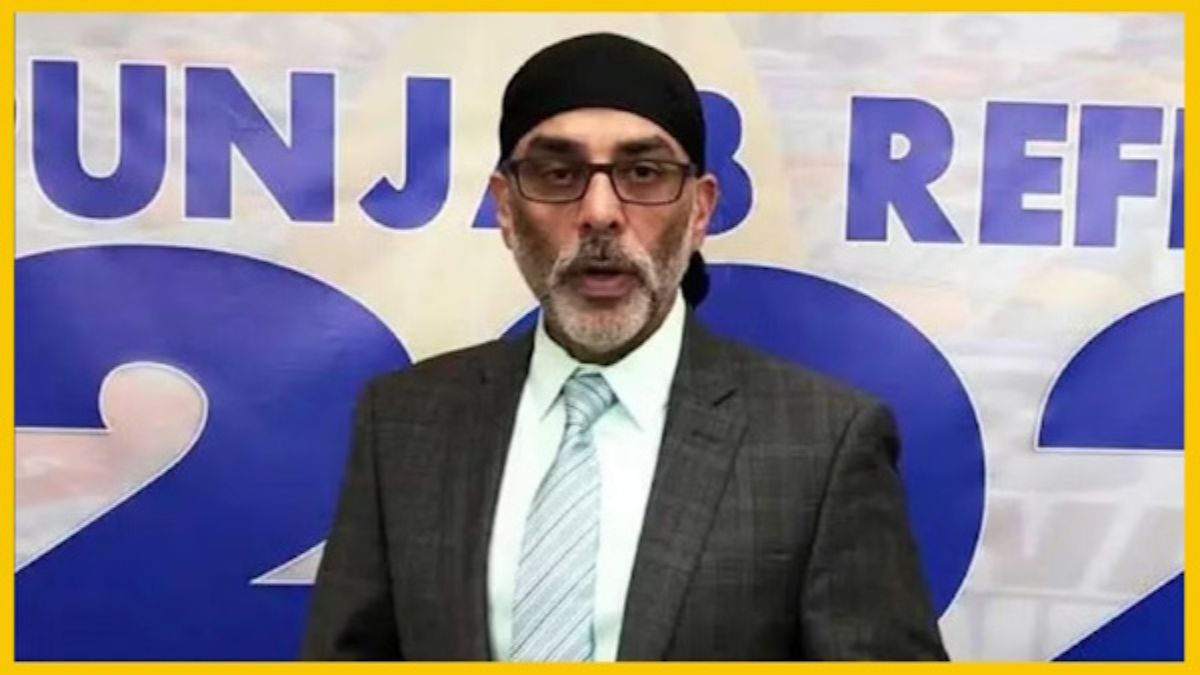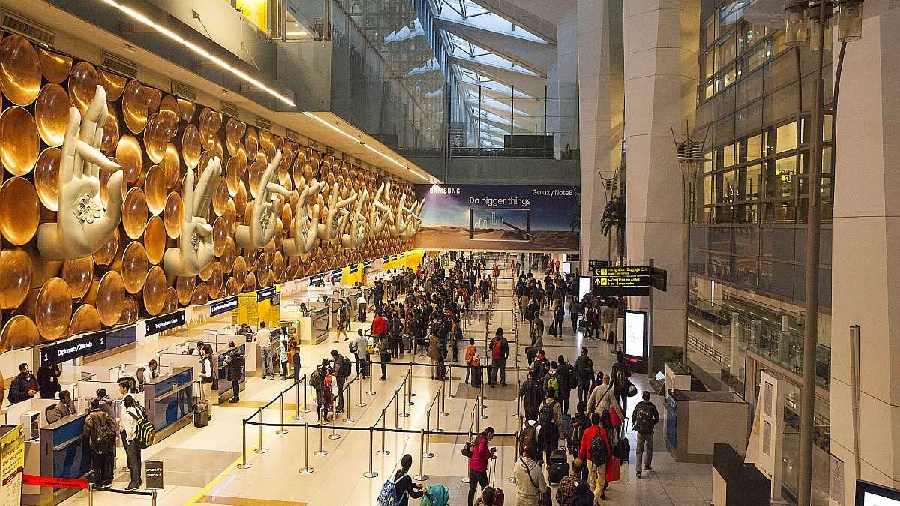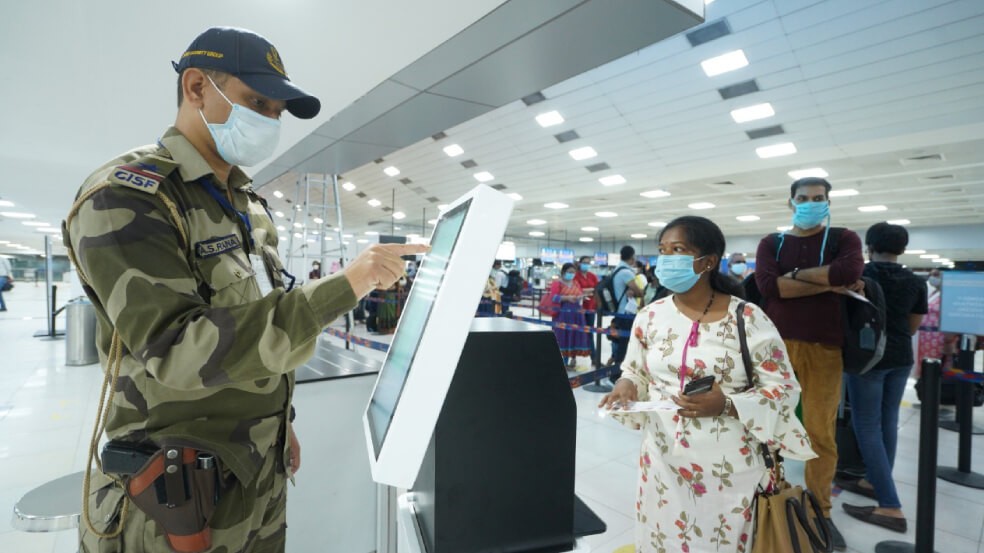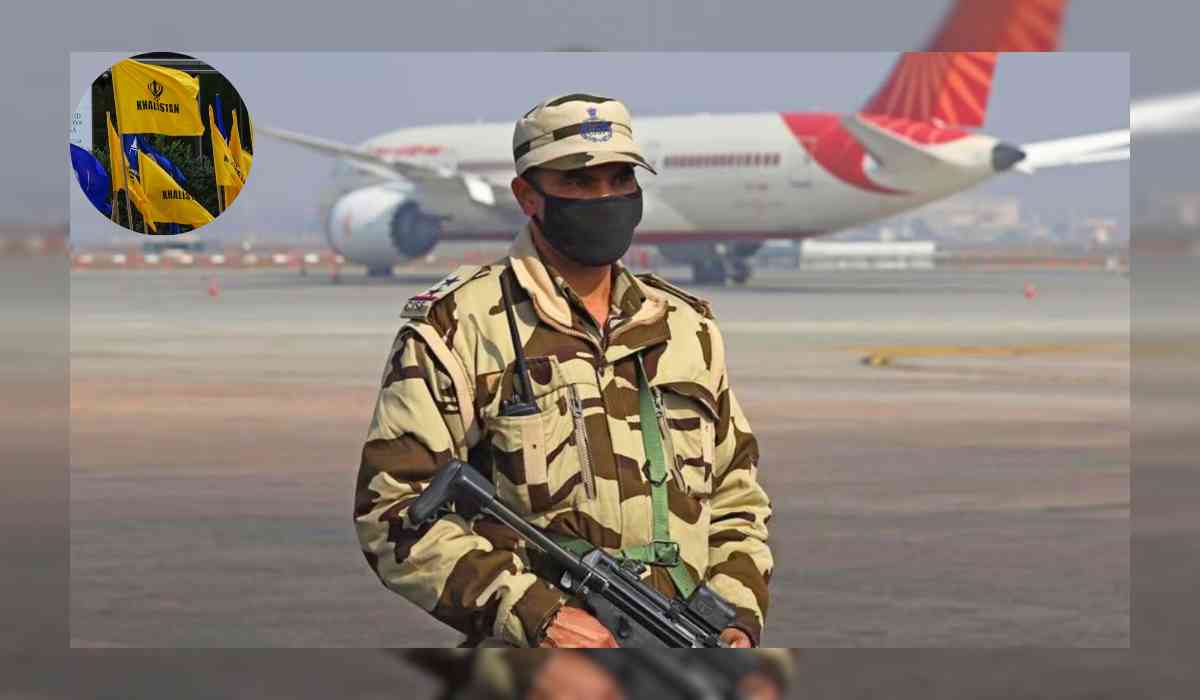In light of a concerning message from Gurpatwant Singh Pannu, a representative of the banned Sikhs for Justice (SFJ) group, airports in Delhi and Punjab have taken extra precautions to enhance security measures. Pannu's statement, urging individuals to avoid Air India due to perceived imminent risks, has raised concerns. As a result, the Bureau of Civil Aviation Security (BCAS) has implemented a temporary suspension on visitor entry passes at the Indira Gandhi International Airport in Delhi and all Punjab airports until November 30.

In response to Pannu's provocative statements, Air India has taken steps to further ensure security. The BCAS has introduced additional measures, such as implementing mandatory Secondary Ladder Point Checks (SLPC) for all Air India flights in Punjab and Delhi. Additionally, the sale of visitor entry tickets and the issuance of temporary airport entry passes have been temporarily suspended.
The Ministry of External Affairs (MEA) expresses strong condemnation towards these terrorist threats and reaffirms India's dedication to collaborating with foreign governments against radical elements. MEA Spokesperson Arindam Bagchi highlights the importance of international cooperation in reducing support for extremist elements while ensuring the implementation of robust security measures to effectively address such threats.

The implemented security measures emphasize the significant consequences that these threats can have on aviation and national security. The temporary suspension of entry passes has led to heightened security checks, and MEA's condemnation collectively emphasizes the seriousness of the situation.
BCAS and Air India's proactive actions demonstrate a collaborative effort to prioritize the safety of passengers and aviation personnel. The implementation of a prohibition on temporary entry passes and the inclusion of additional security checks highlight a proactive approach towards mitigating potential risks associated with terrorist threats.
MEA's involvement highlights the importance of addressing the international and diplomatic aspects of such incidents. India's cooperation with foreign governments further highlights the global nature of terrorism, which requires joint efforts to combat extremist elements that pose a threat to aviation and overall security.

In addition to immediate security concerns, this incident brings attention to the wider implications for counter-terrorism efforts and international cooperation. India demonstrates a steadfast dedication to protecting its aviation infrastructure and combating terrorism through diplomatic means and enhanced security measures.
In conclusion, the collective response demonstrates a strong commitment to safeguarding the nation's security and promoting international cooperation in response to extremist threats.
Ⓒ Copyright 2023. All Rights Reserved Powered by Vygr Media.

























